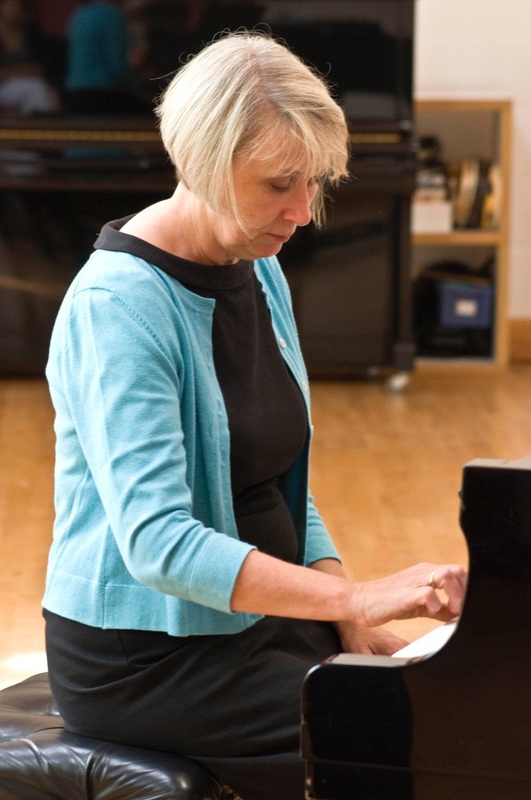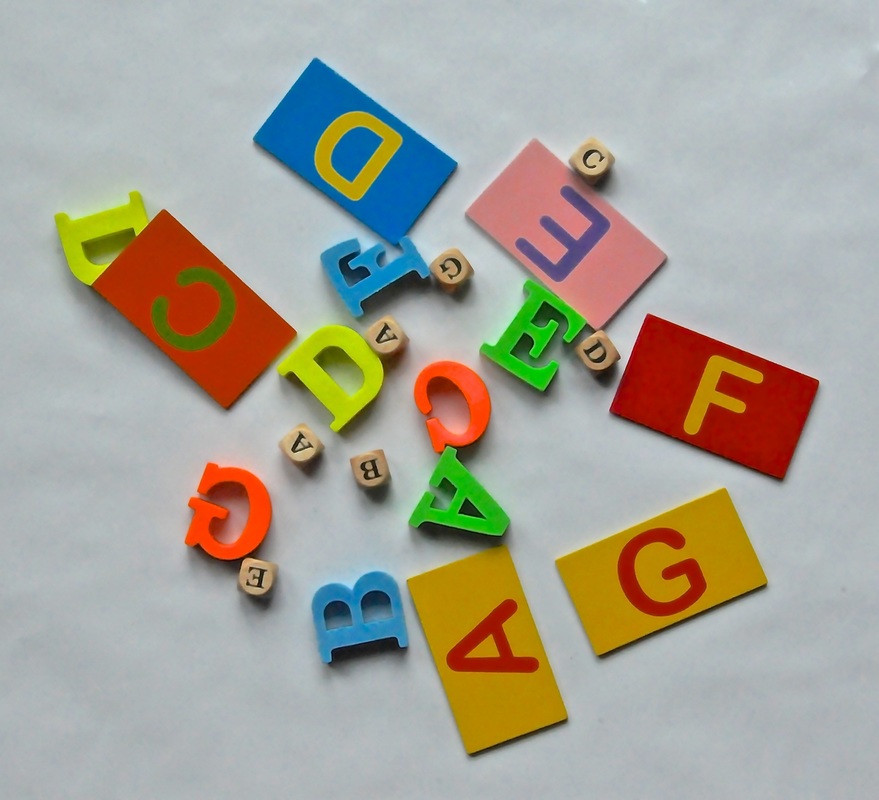My Guiding Principles
At the core of my teaching is a set of Guiding Principles that I have developed over the years
1. Making music is at the heart of all lessons 2 Learning is placed within a structured and progressive framework 3 The development of pianistic skills is separated from the teaching of musical concepts 4 Every pupil is treated as unique and is given an individual and tailormade approach 5 A sense of exploration and discovery in pupils is developed 6 Lessons engage the imagination, energy and creativity of pupils and the teacher 7 I teach with honesty, commitment, integrity, professionalism and passion 8 I am committed to a process of ongoing professional development and personal music-making (c) The Curious Piano Teachers 2015
|


